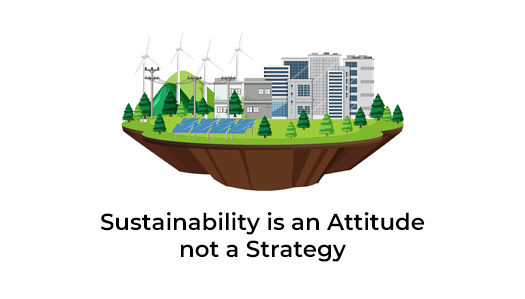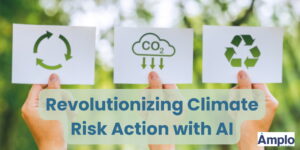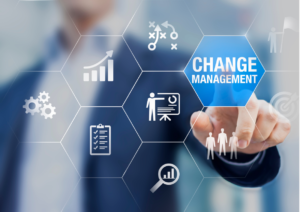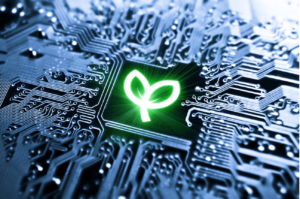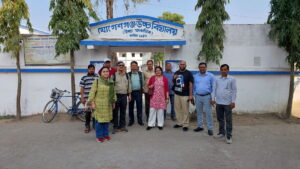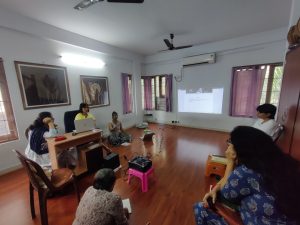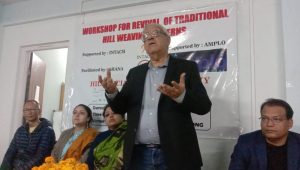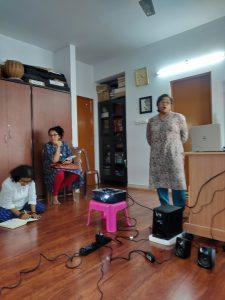Sustainability is an Attitude, not a Strategy
Sustainability, much like charity, begins at home. It’s an inside out process that needs to start at the core of a business or a person. The shift toward sustainability isn’t just about how we can do things differently, it’s also about how we can think differently.
One of the major hurdles humanity faces in the path to it, is building over technology and business practices of the past that were established at a time of rapid growth, with little regard for the environment, ethics, and socio-cultural factors. Today, a lot of time, effort, and resources are being spent by businesses and nonprofits across the globe to come up with innovative solutions to combat the damaging effects of the past. Despite that, there remain organizations that still do not consider the challenge of climate change dire enough to rethink their operations.
We cannot change the past or force the companies of the present to reform. However, we can take affirmative action today to set up the businesses of tomorrow for success. The first step in this direction would be education to engrain an attitude of it
People who develop an attitude of it will practice green behaviors and ethical practices in both their personal and professional lives and will develop businesses and design operations with sustainability as a building block.
One may argue that individual people incorporating environmentally friendly and socially conscious practices at home and in their day-to-day lives will not have a significant, large scale impact on the general health and wellbeing of the planet. However, when these individuals apply their sustainability focus to corporate problem-solving, it will eventually lead to a substantial environmental and socio-cultural impact that will significantly benefit the earth and all its inhabitants.
Using sustainability as a founding principle rather than an afterthought is going to revolutionize how businesses are run. Burgeoning technologies like AI and ML can then be used to find optimal solutions for environmental problems such as waste management, resource optimization, and carbon and water neutrality.
Moreover, people who practice sustainability at home will form a customer base that demands sustainably made products and services. As a result, organizations will find it lucrative to develop and follow a sustainability strategy.
Developing an attitude for sustainability will create a positive feedback loop where more and more people and organizations are driven to be environmentally and ethically conscious. A widespread shift in people’s attitudes will likely reflect in legislation reform and new laws that facilitate sustainable development. This will further intensify the momentum toward a universally prosperous, greener future.
The development of the sustainability-driven mindset requires a collective effort to inform, innovate, and ideate for environmentally friendly, economically sound, and people-oriented practices. Given the urgency of the impending climate crisis, if we hope to save the planet and strive for a better future, we must act now and do the best we can with what we have.
